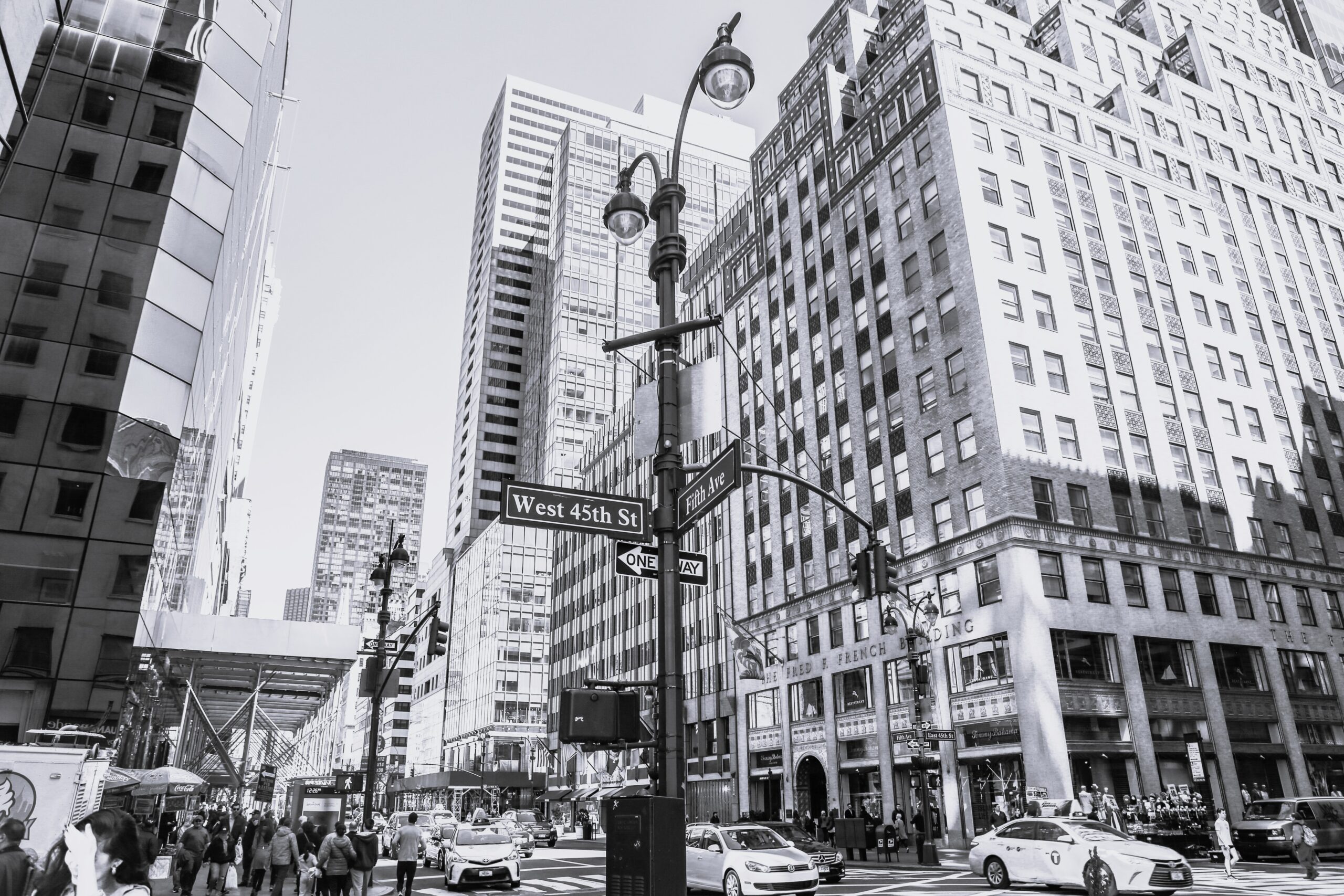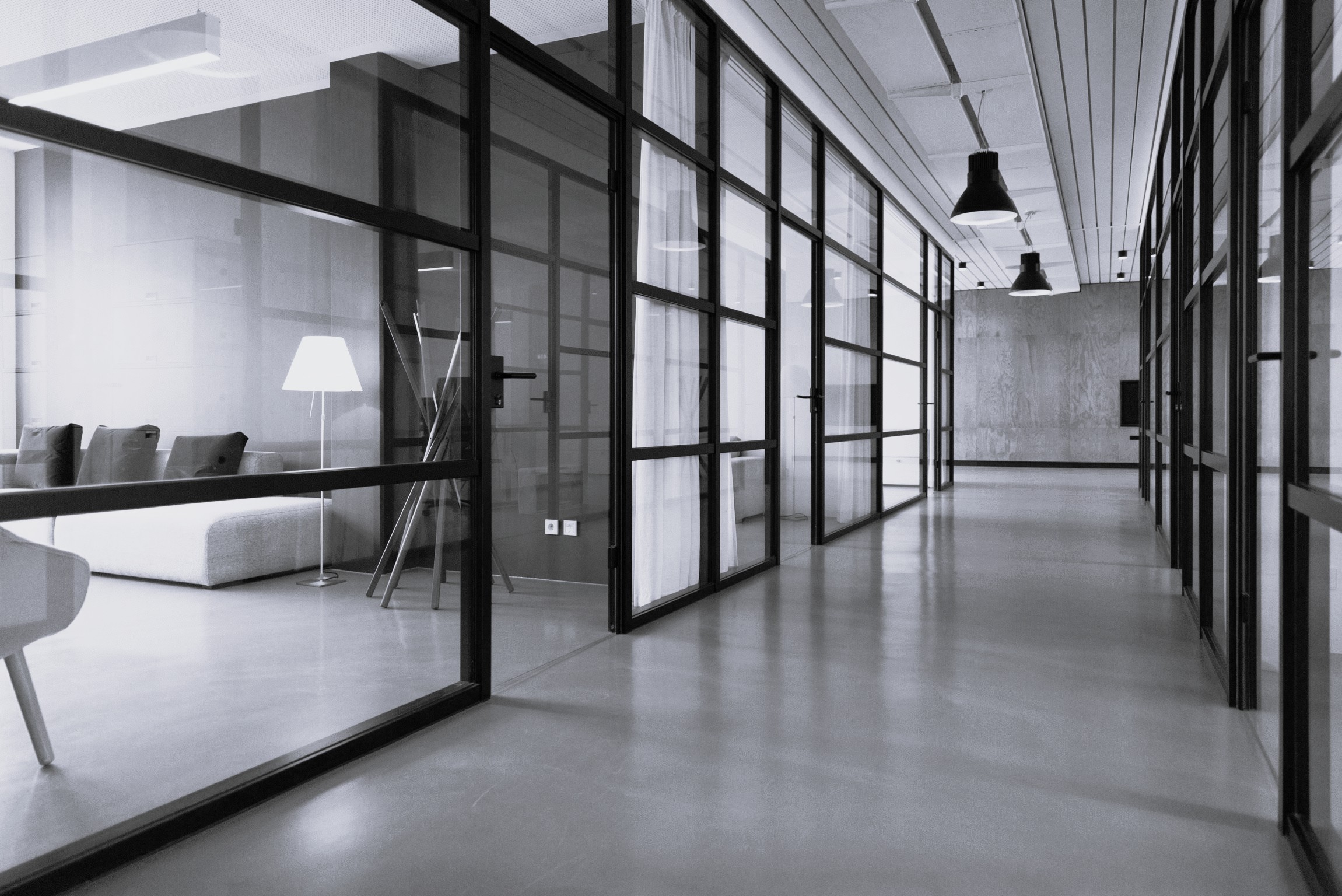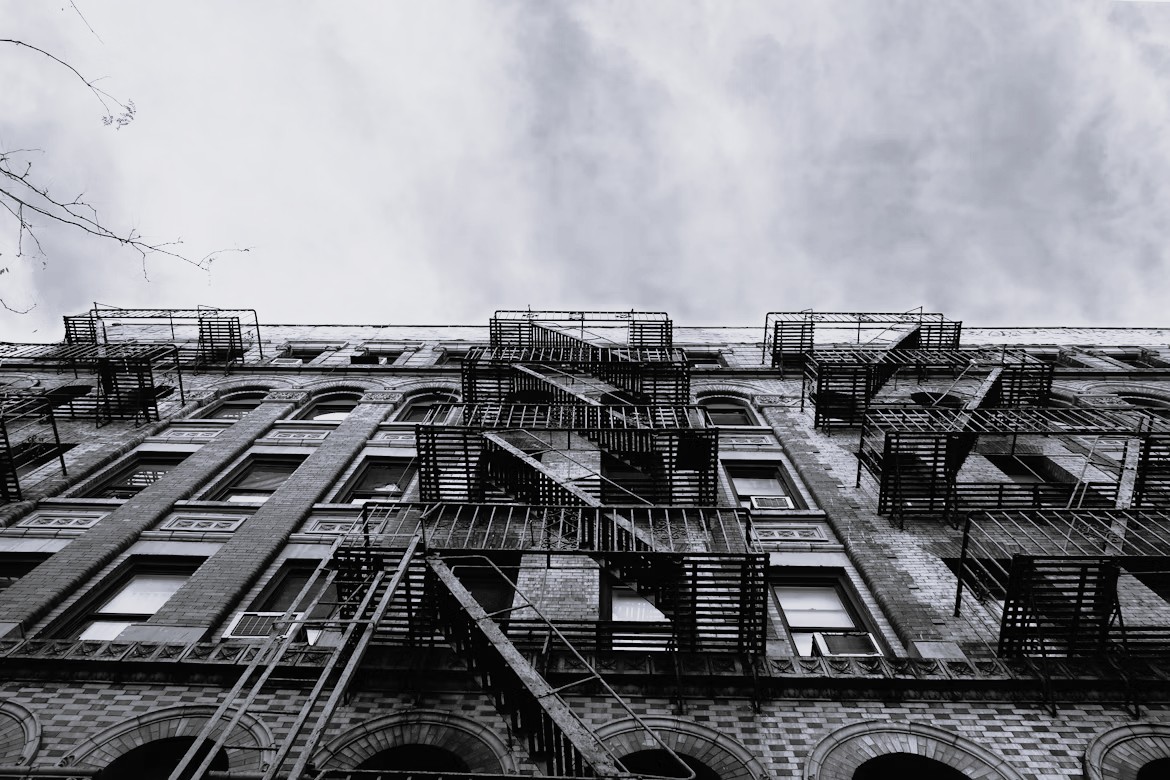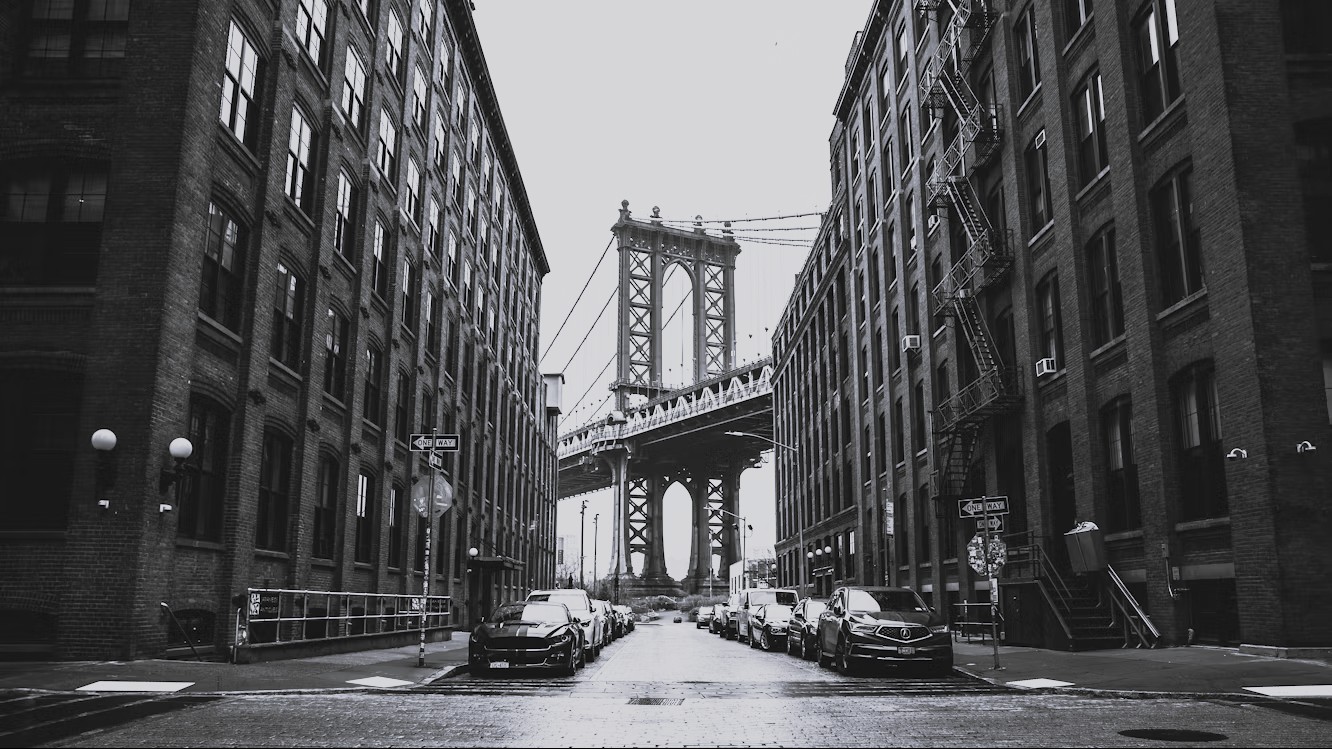NYC City Council Takes Aim at Overabundance of Sidewalk Sheds

That New York City, in particular Manhattan, is awash in sidewalk sheds is news to no one. This spring, the New York City Council passed several new bills with the intention of curtailing the number of sheds, as more than 8,400 shed structures can be found across New York City at the moment. The Council’s focus in these new bills is primarily on changing the requirements of Façade Inspection and Safety Program (also known and referred to as Local Law 11) and tightening shed renewal requirements. The change to Local Law 11 presents a potentially significant win for building owners across the city, as it could reduce the frequency requirement for façade renovation work by half or more.
Inspection Periods: Understanding that Local Law 11 compliance drives much of the shed erection across the city, the Council has directed the Department of Buildings (“DOB”) to study and report back before the end of 2025 as to the appropriate timeline for periodic inspections of building exteriors – how many years a building owner can wait before they are legally required to perform a façade inspection (and, potentially, repairs). While the actual duration requirement will be finally resolved by the DOB, the Council has required that the range be between six and twelve years – up from five now – and the first inspection cycle for a new building will be eight years – also up from five – from the date of erection of the exterior wall or appurtenance.
Permit Duration Reduction: While the initial permit period for a sidewalk shed will remain at two years, renewal permits are capped at 90 days. Beginning with the second renewal, no permit for a shed erected for façade or building repairs may be issued without the payment of a penalty to the DOB. The penalties range from $10 per linear foot for sheds up for less than three years to $200 per linear foot for sheds which have been up for four years or more. Sheds relating to 1- or 2-family homes, new construction, and enlargement or demolition of existing structures are exempted from the penalty provisions. The new law also requires that the professional report accompanying permit renewals describe the progress of the restoration work in the prior permit period and what, if any, impediments were faced.
The City Council’s efforts will have a potentially significant impact for both building owners and shed contractors. While the longer façade inspection cycles will likely mean fewer sheds, the shorter time periods should result in efforts to accelerate repairs. Local Law 11- related access agreements and proper project coordination will become even more of a crucial issue in managing repairs. It also places shed contractors, if faced with non-paying and/or non-responsive building owners, in a very difficult position. Depending on the condition of the building and whether a safety risk to the public remains, they may be simultaneously unable to take a shed down without DOB permission and being unable to renew a permit – or forced cover the cost of the penalty themselves. Additionally, following the First Department’s 2022 decision in Intersystem S&S Corp., which applies to Manhattan and The Bronx, scaffolding contractors cannot file liens for that work, as it does not qualify as work or materials constituting a permanent improvement to the property, further complicated the financial situation for shed contractors.
As the law continues to evolve on these matters, please note that this article is current as of date and time of publication and may not reflect subsequent developments. The content and interpretation of the issues addressed herein is subject to change. Cole Schotz P.C. disclaims any and all liability with respect to actions taken or not taken based on any or all of the contents of this publication to the fullest extent permitted by law. This is for general informational purposes and does not constitute legal advice or create an attorney-client relationship. Do not act or refrain from acting upon the information contained in this publication without obtaining legal, financial and tax advice. For further information, please do not hesitate to reach out to your firm contact or to any of the attorneys listed in this publication. No aspect of this advertisement has been approved by the highest court in any state.
Join Our Mailing List
Stay up to date with the latest insights, events, and more






